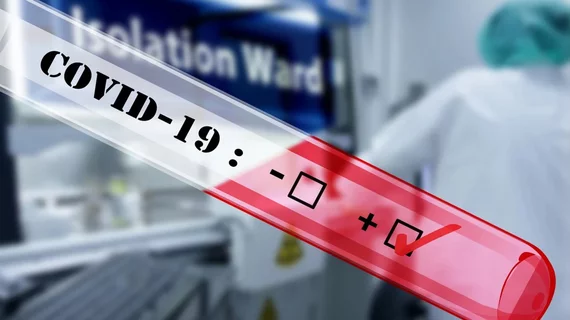Excess deaths in the US jumped 23% in 2020—COVID-19, heart disease and diabetes all played key roles
Deaths in the United States skyrocketed in the final 10 months of 2020, according to a new analysis published in JAMA. While COVID-19 was responsible for much of that change, the data also revealed that the number of deaths related to heart disease increased.
Researchers at Virginia Commonwealth University (VCU) led the study, providing an update to research they published back in October 2020. Excess deaths increased by 22.9%, the team found. COVID-19 accounted for approximately 72% of excess deaths—and it was likely partly responsible for even a larger percentage.
The team identified multiple times in the 2020 and early 2021 when mortality from heart disease was much higher than normal. While some of these deaths were due to patients not receiving the care they need—perhaps due to pandemic-related unease or confusion—it is unclear if any non-COVID factors led to this trend. Alzheimer’s disease/dementia and diabetes were also responsible for more excess deaths than normal during the study period.
The team also observed “a disproportionate number of excess deaths among the Black population in the United States.”
“This, of course, is consistent with the evidence about COVID-19 but also indicates that excess deaths from some conditions other than COVID-19 are also occurring at higher rates in the African American population,” lead author Steven H. Woolf, MD, of the VCU school of medicine, said in a prepared statement.
Woolf also warned that the pandemic is far from over, even as vaccinations continue throughout the country.
“We’re not out of the woods yet because we’re in a race with the COVID-19 variants,” Woolf said. “If we let up too soon and don’t maintain public health restrictions, the vaccine may not win out over the variants. Unfortunately, what we’re seeing is that many states have not learned the lesson of 2020. Once again, they are lifting restrictions, opening businesses back up, and now seeing the COVID-19 variants spread through their population.”
Read the full JAMA research letter here.

